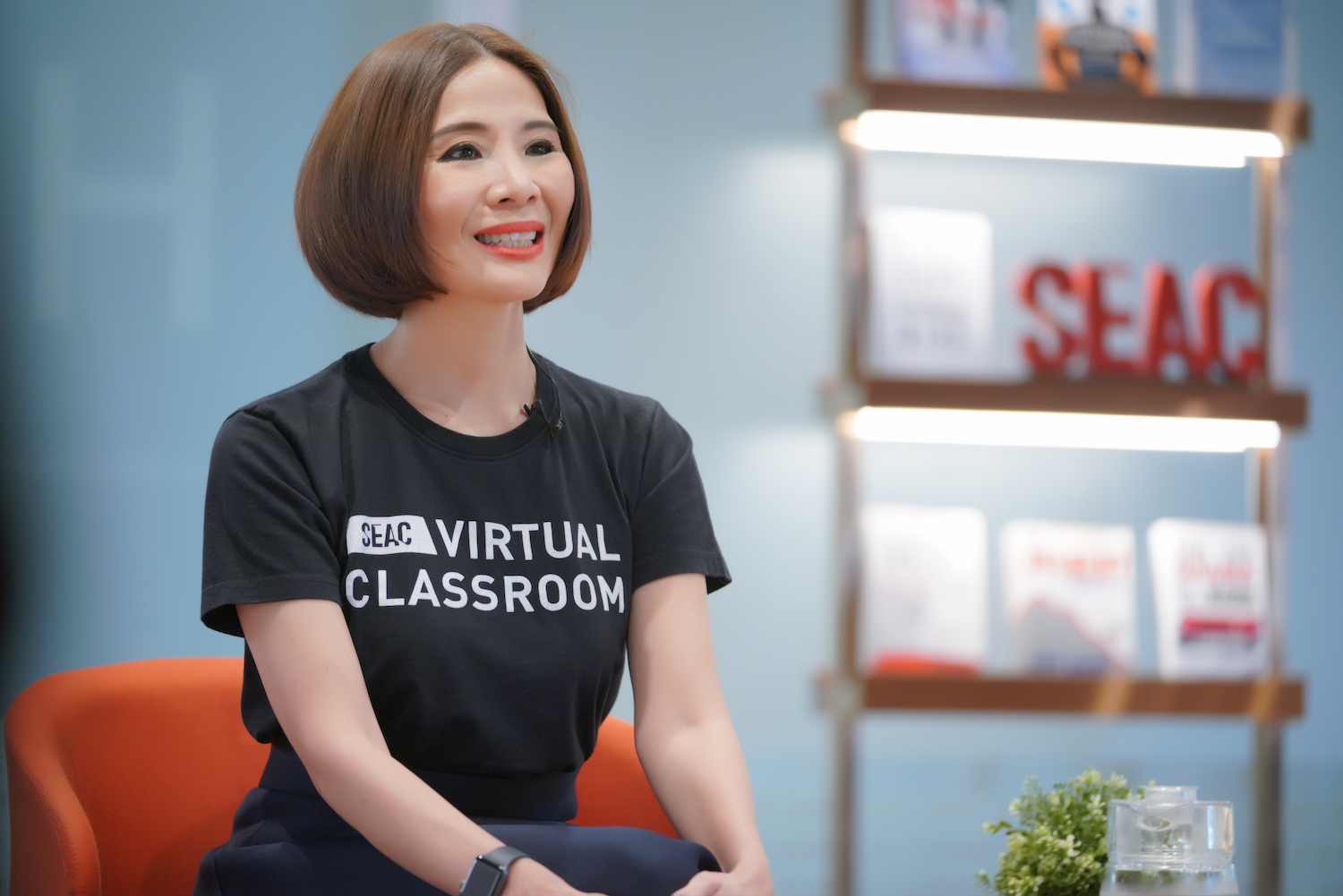
How was your January? Are our 2022 plans on track? Have we implemented our resolutions? Are we learning and doing new and better things?
I believe most of us want to contribute more, or more effectively. It does not matter if we are a leader, employee, parent or team member. Improving our capabilities endears us to our leaders, peers and the people we are responsible for. Growing and doing better is a source of personal fulfilment. It gives us pride in our professionalism and ability to make a difference.
However, life can sidetrack us. We can have personal setbacks and unexpected crises such as a pandemic. Setbacks and getting sidetracked demotivate us. They leave us feeling tired and accepting of our professional status quo. Distractions stop us from growing personally and acquiring new skills. They limit our ability to contribute to our organisations and networks. Moreover, they can be career killers as obsoletion catches us up.
The last two years have deepened our understanding of how work must get done, and that what it takes to do it has to change. This change demands we not be apathetic about our growth needs.
None of us will keep the “job” we have today because jobs are transforming or being transformed day by day. We need to constantly update our idea of what it will take to succeed and proactively update our ways of working, skill sets mindsets. It is tough if we feel stuck in a rut or isolated at home. It can feel beyond us. However, we can all make the required transformations and grow and start to contribute more.
Improving our capabilities starts with a commitment. We need to identify our ambition and practise resilience. We need to switch to a growth mindset full of possibility and openness to learning and change. We need to take tiny steps every day. No single training course is going to make us employee of the month. It takes the careful layering of the new skills required, diligent practice, reflection and understanding.
If you commit to this, you will ask yourself many questions. Do not let your questions be “How am I going to get through this?” or “When will this be done?” It will never be done; you will never need to stop adding new strings (or different strings) to your bow. If anything, learning new skills will be required more often.
Instead, ask “What should I learn next?”, “What single skill or capability will make the most important/quickest impact on my work?”, or “Where can I get the new skills and knowledge I need?”
Most importantly, and often overlooked is “Who can help me get started and support me along the way?” They may be the skills you as an individual need, but the days of learning as an individual “sport” are long gone. It is more fun with like-minded people their mistakes save you from making them.
If you are now interested in your personal growth and a more rewarding future career, here’s how you can get started:
Commit to a goal. It does not matter how small. If you don’t have a goal, you cannot define how you can best contribute to the future or sustain your motivation to build the new skills you need. It does not need to be complicated; you don’t have to sign up for a three-year degree or put aside months of your time. If you are still not sure, ask someone else. If you are a leader, ask your boss or even your team what your goal should be. Set a realistic and attainable goal and get started. We can move on to bigger things later.
Take immediate action. Action reinforces your Growth Mindset and your belief in what is possible. It is scary, but your current comfort zone is not comfortable. It may feel good now, but it is a trap. Learning could be as simple as watching some YouTube videos or taking a free online course. Ensure you practise what you have learned and evaluate the results or progress.
Eliminate what gets in your way. It may be limiting beliefs or mindsets. It may be how you currently (or have always) done things. It may be the current office practices, expectations and routines. Remember that with learning a new skill, even when building on others, there is always a certain amount of critical unlearning required.
Get help. Upskilling does not have to be hard work. You can ask people and colleagues how they built the skills you need. Most people will be more than happy to share and support you. People will not think less of you for wanting to improve. If you are an employee, let your manager or teammates know you want to contribute more and ask for their help.
Arinya Talerngsri is Chief Capability Officer and Managing Director at SEAC — Southeast Asia’s Lifelong Learning Center. She can be reached by email at arinya_t@seasiacenter.com or https://www.linkedin.com/in/arinya-talerngsri-53b81aa. Talk to us about how SEAC can help your business during times of uncertainty at https://forms.gle/wf8upGdmwprxC6Ey9